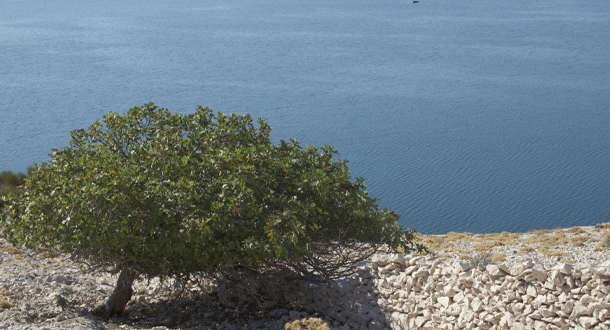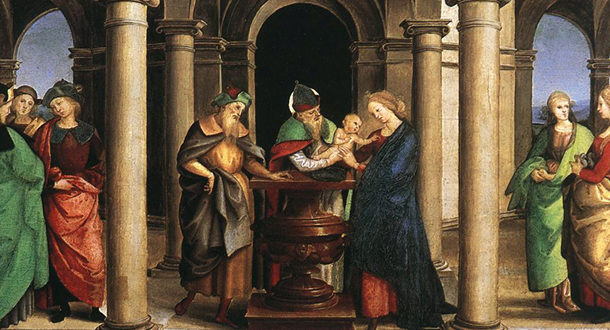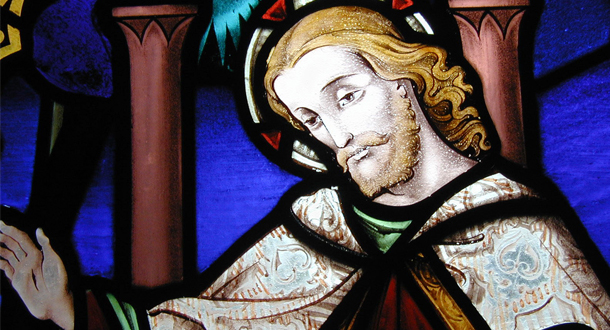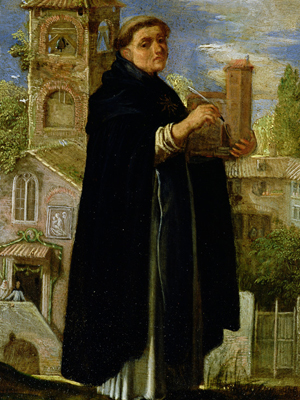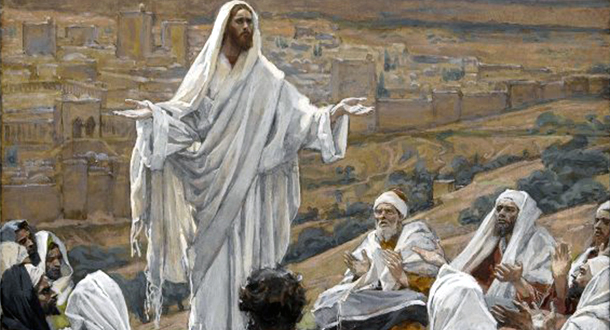
Scripture:
Hebrews 12:18-19, 21-24
Mark 6:7-13
Reflection:
Called and Sent
Today’s Gospel selection from Mark 6 presents the early mission of the twelve apostles. Previous verses in Mark’s Gospel present the disciples as challenged by and questioning Jesus’ words and deeds. Now they are summoned to join Jesus in proclaiming the Kingdom of God. One wonders what must have gone through their minds as this call and mission unfolded.
Let’s consider:
- Jesus calls the Twelve together, with specific directions for their mission. Must be important!
- They are to head out “two by two”. Important work benefits by mutual support and effort. Ok!
- Jesus gave them “authority” over unclean spirits. A serious mission, needing a special share in Jesus’ powerful love and healing.
- They are to travel “lightly”. They can wear sandals (lots of walking!) and use a walking stick…that’s all. Hospitality, food, money, etc. will be provided by those who receive them. Takes a lot of trust to head out in such a detached manner.
- They did preach repentance…drove out demons…cured the sick. Sins, sickness, satanic powers – all handled as Jesus had instructed. For real! Jesus working in and through them…Change happening…Great!
- Such experiences, over weeks or months, must have strengthened their faith in Jesus and their desire to continue growth as his disciples. But…down the road…their zeal as disciples weakened…and later Jesus was arrested and crucified and died…without them.
As 21st Century disciples of Jesus we are sent to witness to our needy world the Kingdom of God’s love and mercy and healing – a serious mission. Today’s technology is helpful, but the real “power” is in preaching the Good News by our very lives — based on Jesus’ life and values, a personal witness we offer in our homes, our neighborhoods, our jobs, our society. Unclean spirits abound today in fear and mistrust, in selfishness and lack of mutual respect, in disregard for both human and environmental life, etc. The need is great.
And so, we gather, “two by two”, and personally share the Good News of God’s love – even using words as deemed necessary! May we be blessed by Jesus and encouraged by those fellow disciples who have gone before us. “The Kingdom of God is at hand.” Amen.
Fr. John Schork, C.P. is the Vocation Director for Holy Cross Province. He lives at St. Vincent Strambi Community in Chicago, Illinois.

